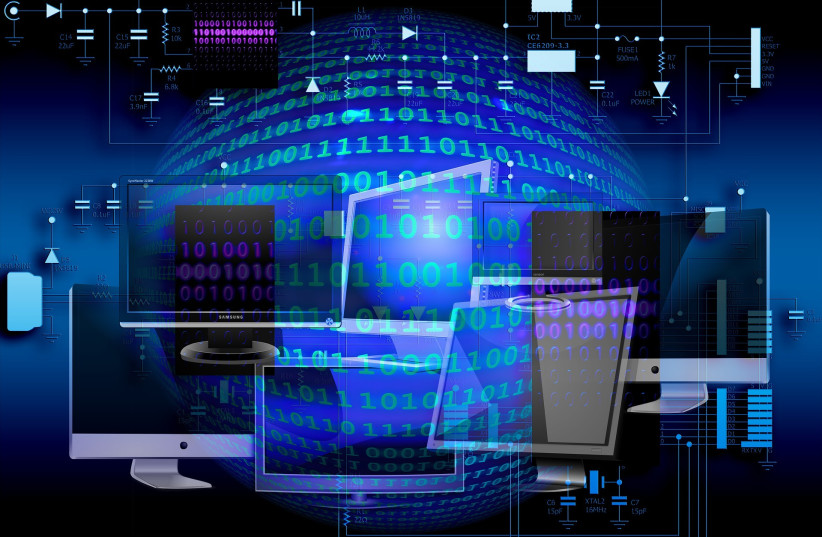"The public does not trust the legal system… So we built an [artificial intelligence] that Identifies when companies break the law against large groups of people," said Darrow co-founder and CTO Gila Hayat during the Jerusalem Post's Women Leaders Summit on Wednesday.
Hayat’s company is an AI-driven Justice Intelligence platform that generates litigation assets for legal professionals by scanning publically available data in order to discover legal violations.
The benefits of AI
During an interview, Hayat explained the benefits presented by the proper use of AI in a legal setting, which includes using machine learning and big data analysis in order to reduce the occurrence of biased legal decisions.
“What is interesting about AI is that sometimes, it basically mirrors the biases that we have as humans, because it's being trained by previously made data previously generated, whether it's a judge's opinions or laws or case law or anything or any kind of news item that can happen online,” she admitted. “What we're trying to create is a new wave of identifying cases and basing them on the actual facts that happened to real people to basically balance that dataset.”

The power of data
In response to a question regarding AI’s impact on amending legal systems, Hayat explained that the power of data can make a huge difference — so people should be conscientious regarding the way they represent themselves online.
"We usually feel underrepresented, and data has a great [ability to enable] representation even when you don't speak up,” she said, noting the importance of creating a positive, accurately representative online presence.
“Everything we say online is being scraped and ingested into machines that are currently making life-changing decisions on the way we live. As humans in this AI-driven democracy which applies to us, whether we believe it or not, or participate or not, we have to create valuable data for it,” she said.
“If you feel underrepresented, [there is value in] speaking online and creating positive examples. It's about talking and sharing… representing every part of society,” she said. “It is important to speak up in order to be represented and to be a part of the decision-making that is happening as we speak.”
